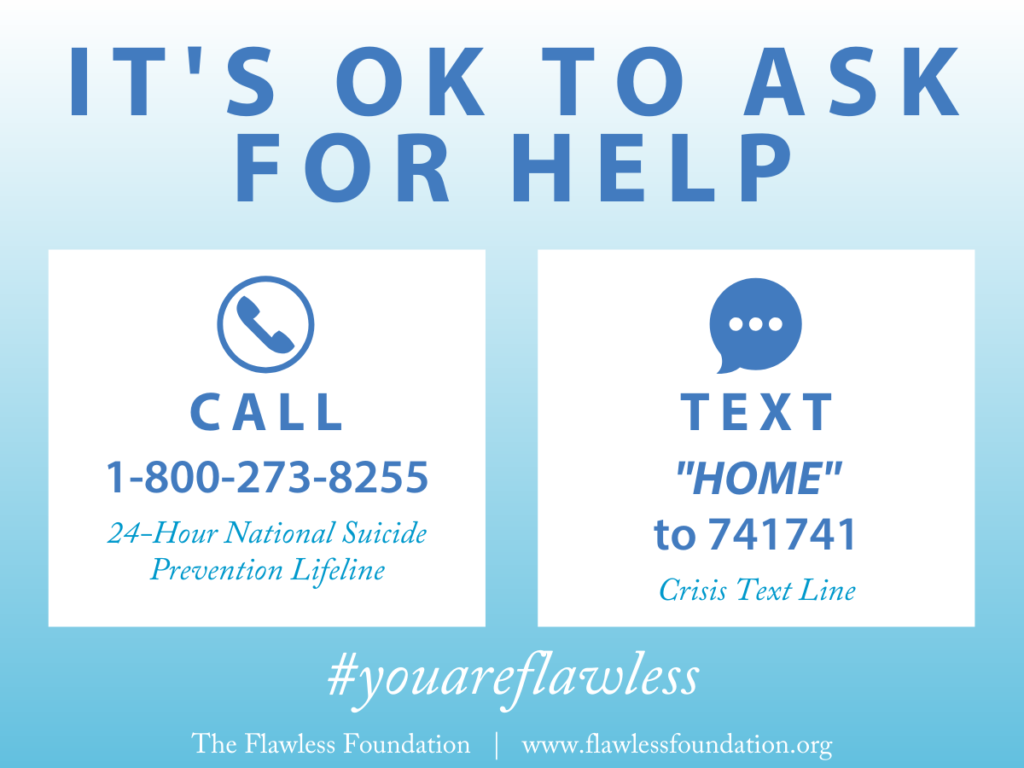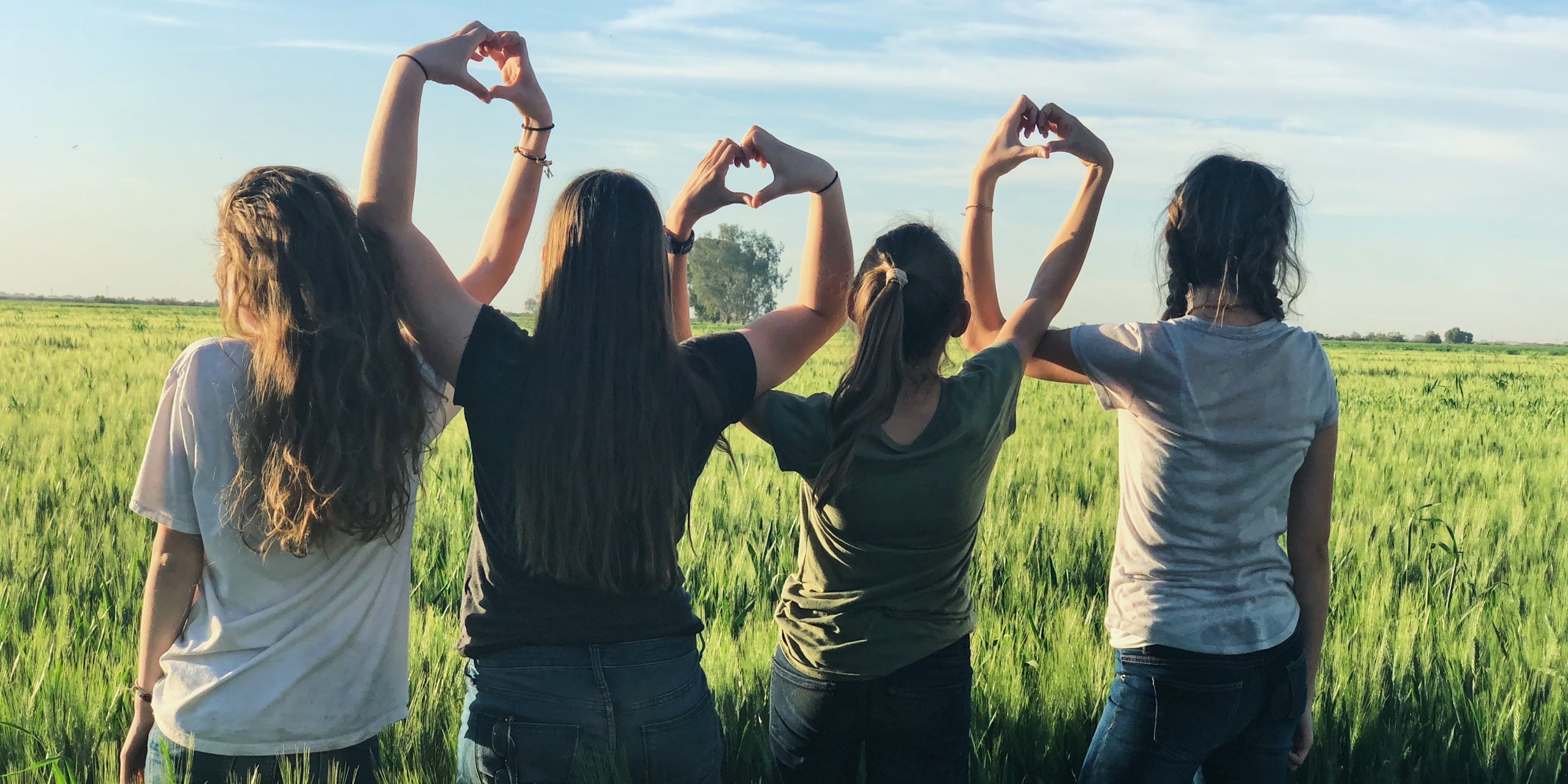By Abby Cooper, Flawless Intern
High school is supposed to be simple. You go to class, do your homework, maybe play a sport or join a school club. “High school drama” is supposed to involve getting asked to prom. Everyone is busy checking off their to-do lists, focusing on classes, and thinking about what comes next. We all see what the next steps are: heading to college, getting a degree, and eventually starting a career. But during the beginning of my senior year, I learned just how unpredictable life can be.
I was doing homework after school when I received a text from my friend in a neighboring school district telling me that one of our friends, Hallie, had died by suicide. Hallie had been part of my social circle, but she was my friend’s best friend, and I couldn’t imagine the pain she must be experiencing. Hallie had always made me feel like part of the group, and it was obvious how much she truly cared about making people happy.
In the following days, school felt like a blur. The news traveled quickly, but no one was talking about it, even though I could tell everyone’s minds were buzzing with shock. I was sitting in my school library one afternoon and suddenly I found that I couldn’t stop crying. My friends asked if I had talked to anyone from Hallie’s school about how I was feeling; I had talked to them, but I didn’t want to tell them how upset I felt. They had been closer to Hallie, and I thought it was important for me to support them instead of being honest about my own emotions. With encouragement, though, I finally talked to Hallie’s friends about how I was feeling. I realized that I was allowed to be upset; no one has a monopoly on grief in the aftermath of tragedy.
I realized that I was allowed to be upset; no one has a monopoly on grief in the aftermath of tragedy.
Sadly, this wasn’t the first time that I had known someone my own age who died by suicide. During my sophomore year, one of my school acquaintances died; the year before that, a boy who lived down the street from me also died. It has been incredibly painful to watch my peers’ pain overwhelm their ability to cope.
But now, I hope to be able to help others who are affected by suicide. Recently, I started babysitting an 11-year-old girl who is quite shy while her mother works as a physician. When I first met Sophie, I wasn’t sure how to bring her out of her shell. She was very quiet, but also very independent. I knew she could handle herself, but her mother just wanted someone to keep her company. After a few weeks, her mother explained to me that her husband, Sophie’s dad, had died by suicide only a few months ago, forever changing their lives. Sophie was old enough to know what happened, but not quite old enough to understand it. Because of my own experience, I could empathize with her feelings of sadness and confusion, and I hope that my presence in her life can be a small help in her processing this tragedy.
Usually, we only talk about suicide after it’s happened, but we need to have regular conversations about our feelings with our friends and families.
Through my own experiences and by helping others I have learned that healing – like life itself – is not a linear process. One of the most important things we can do after experiencing a loss is to accept our emotions; suppressing or ignoring your feelings will only make things worse. And most importantly, we need to have conversations about our emotions before it’s too late. Usually, we only talk about suicide after it’s happened, but we need to have regular conversations about our feelings with our friends and families. I would much rather hear from my friend that she is having a hard time coping with her commitments rather than hearing via text of her death by suicide, and I hope that we can all commit to being more emotionally open and honest with ourselves and each other.
If you or someone you know needs help, please call the National Suicide Prevention Lifeline at 1800-273-8255








